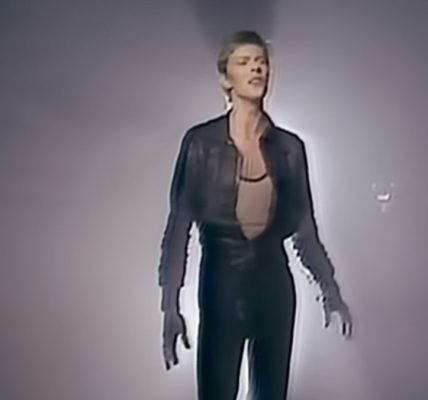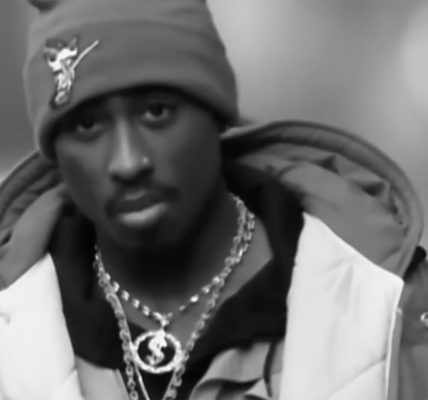Beyoncé delivered an unforgettable performance on the final evening of her Cowboy Carter tour, wrapping up a remarkable six-show series at London’s Tottenham Hotspur Stadium on Monday, June 16. During this emotional closing night, she expressed her deep gratitude to her fans and paid homage to one of England’s most celebrated songwriters, ensuring the event was memorable for all who attended.
Beyoncé shared an emotional message on social media, expressing her heartfelt appreciation to Sir Paul McCartney for composing one of the most iconic songs in music history. “Thank you, Sir Paul McCartney, for writing one of the best songs ever made. Every time I sing it, I feel so honored. And it is a full circle moment to wear your beautiful daughter’s design,” she stated in an Instagram post, highlighting her unique rendition of the Beatles’ timeless classic “Blackbird” from 1968, which she reimagined for her Cowboy Carter album.
Continuing her heartfelt sentiments, she expressed her gratitude towards London, stating, “Thank you, London, for creating unforgettable memories for me and my family.” Her closing message to fans resonated with excitement and anticipation: “Holla at ‘ya when I come on tour again!” This invitation left many fans eagerly looking forward to her next performances.
Beyoncé’s interpretation of “Blackbird,” creatively stylized as “Blackbiird,” brings a fresh perspective to the original piece, enhanced by string arrangements and featuring vocal contributions from four talented rising Black female country artists: Tanner Adell, Brittney Spencer, Reyna Roberts, and Tiera Kennedy. This cover is one of two innovative reinterpretations featured on her Cowboy Carter album, alongside her captivating version of Dolly Parton’s classic hit “Jolene.”
Sir Paul McCartney praised Beyoncé’s interpretation earlier this year, describing it as a “magnificent” rendition that strengthens the civil rights message that inspired him to write the original song. He stated, “I think Beyoncé has done a fab version and would urge anyone who has not heard it yet to check it out. You are going to love it.” His endorsement adds significant credibility to her artistic endeavor.
Originally composed in response to the Little Rock Nine, a group of Black students who bravely faced violent resistance while integrating an Arkansas high school in 1957, the Beatles’ “Blackbird” was meant to serve as a message of hope and empowerment for individuals facing injustice. McCartney has acknowledged that the song was specifically written to uplift Black women enduring systemic oppression.
According to reports from Variety, McCartney confirmed that Beyoncé’s version features the original master recording of the song. He also shared that he had the opportunity to speak with the pop sensation about her unique take on “Blackbird,” which highlights the connection between the two artists.
“I spoke to her on FaceTime and she thanked me for writing it and allowing her to perform it,” McCartney recounted. He attended Beyoncé’s record-breaking Renaissance World Tour last year, further showcasing his appreciation for her artistry. “I told her the pleasure was all mine and I thought she had done a killer version of the song. When I saw the footage on television in the early 60s of Black girls being turned away from school, I found it shocking. It’s hard to believe that even today, there are still places where this type of discrimination occurs. Anything my song and Beyoncé’s fabulous version can do to ease racial tension would be a great thing and makes me very proud,” he expressed.
Released in March 2024, Cowboy Carter debuted at an impressive No. 1 on the Billboard 200 chart, marking a historic moment as Beyoncé became the first Black woman to achieve the top position on the Top Country Albums chart. Additionally, this remarkable project earned her a Grammy award for best country album earlier this year, further solidifying her impact on the music industry.

Here you can find the original article; the photos and images used in our article also come from this source. We are not their authors; they have been used solely for informational purposes with proper attribution to their original source.





